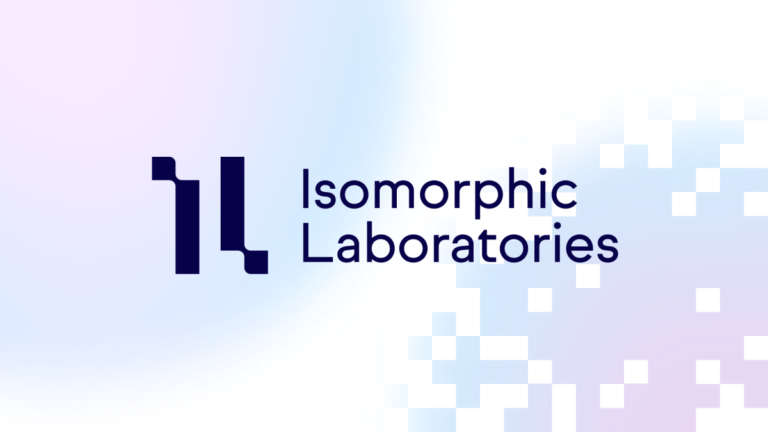
In a press release written with help from ChatGPT, Match Group announced an enterprise agreement with the AI chatbot’s maker, OpenAI.
The AI tech will be used to help Match Group employees with work-related tasks, the company says, and come as part of Match’s $20 million-plus bet on AI in 2024.
It even offered a quote from ChatGPT itself: “I’m thrilled that Match Group matched with me.
To keep its corporate data protected, only trained and licensed Match Group employees will have access to OpenAI’s tools, it noted.
Before being able to use these tools, Match Group employees will also have to undergo mandatory training that focuses on responsible use, the technology’s capabilities, as well as its limitations.

The proceeds bring Clerk’s total raised to $55.5 million, and co-founder and CEO Colin Sidoti says that they’ll be put toward expanding Clerk’s service beyond authentication and into authorization — i.e.
Clerk builds developer tools for authentication, offering drop-in components coded in React, the open source frontend JavaScript library.
“Despite authentication and authorization being ubiquitous challenges across every software company, they have been exceptionally slow to become outsourced,” Colin said.
“When you ask developers why, they often highlight that authentication and authorization are too tightly-coupled to the rest of their application to outsource.
The integration is motivated in part by the investment from Stripe, which Colin says marks the beginning of a “strategic partnership” between the two firms.

Isomorphic Labs, the London-based, drug discovery-focused spin-out of Google AI R&D division DeepMind, today announced that it’s entered into strategic partnerships with two pharmaceutical giants, Eli Lilly and Novartis, to apply AI to discover new medications to treat diseases.
Isomorphic will receive $45 million upfront from Eli Lilly and potentially up to $1.7 billion based on performance milestones, excluding royalties.
Researchers recently used AlphaFold to design and synthesize a potential drug to treat hepatocellular carcinoma, the most common type of primary liver cancer.
The latest version of AlphaFold can generate predictions for nearly all molecules in the Protein Data Bank, the world’s largest open access database of biological molecules, DeepMind announced in late October.
Already, Isomorphic is applying the new AlphaFold model, which it co-designed with DeepMind, to therapeutic drug design, helping to characterize different types of molecular structures important for treating disease.

Nothing compares to flipping through a print magazine, but E Ink’s latest color tech is nearing the mark – at least from my perspective. Staring at screens for too long…






